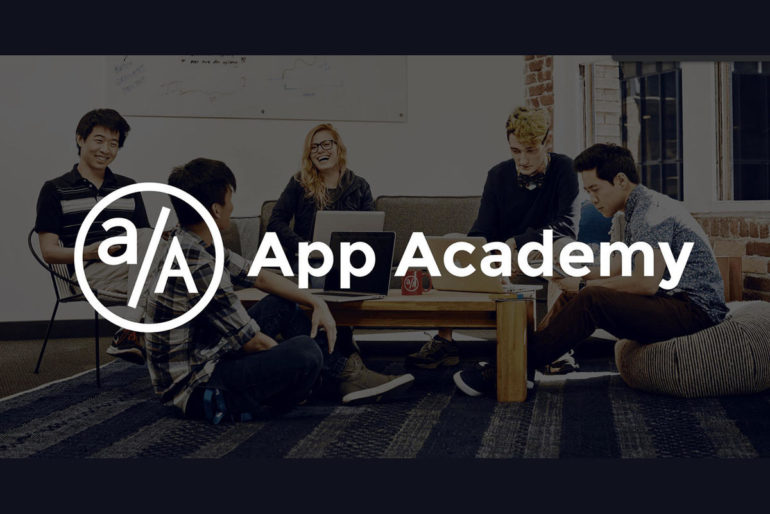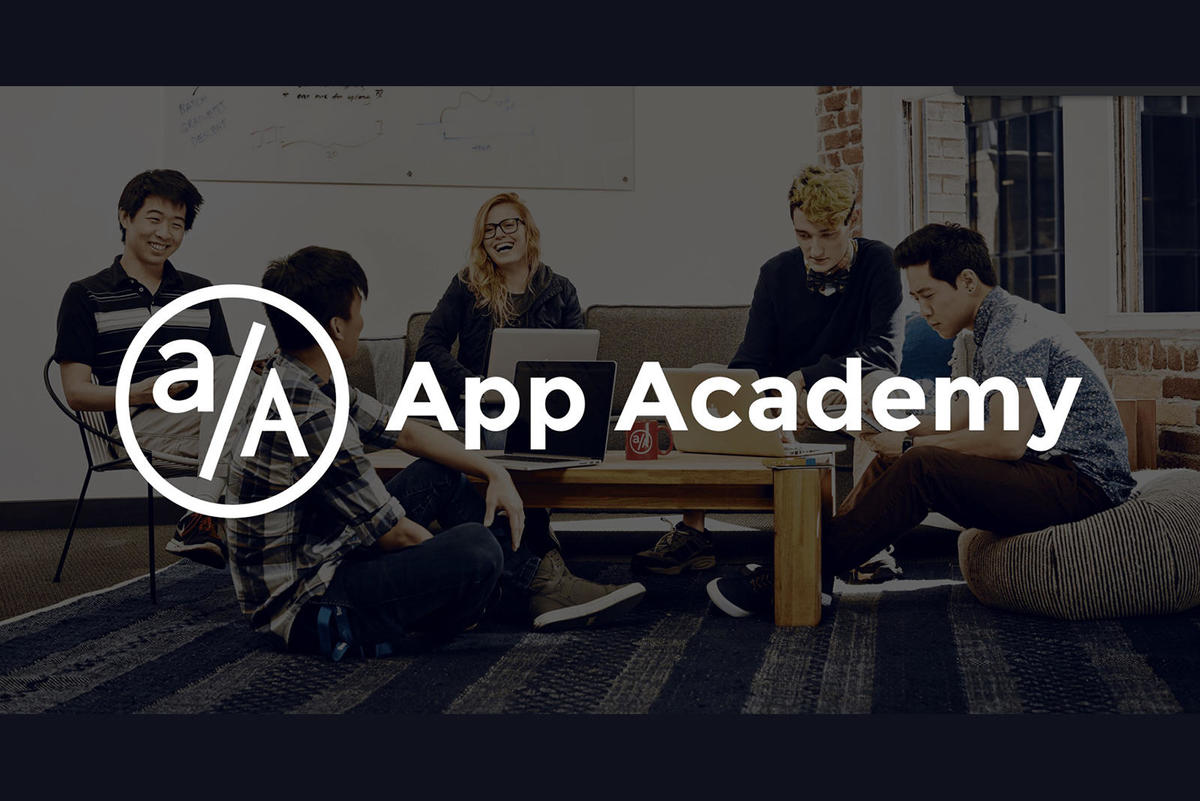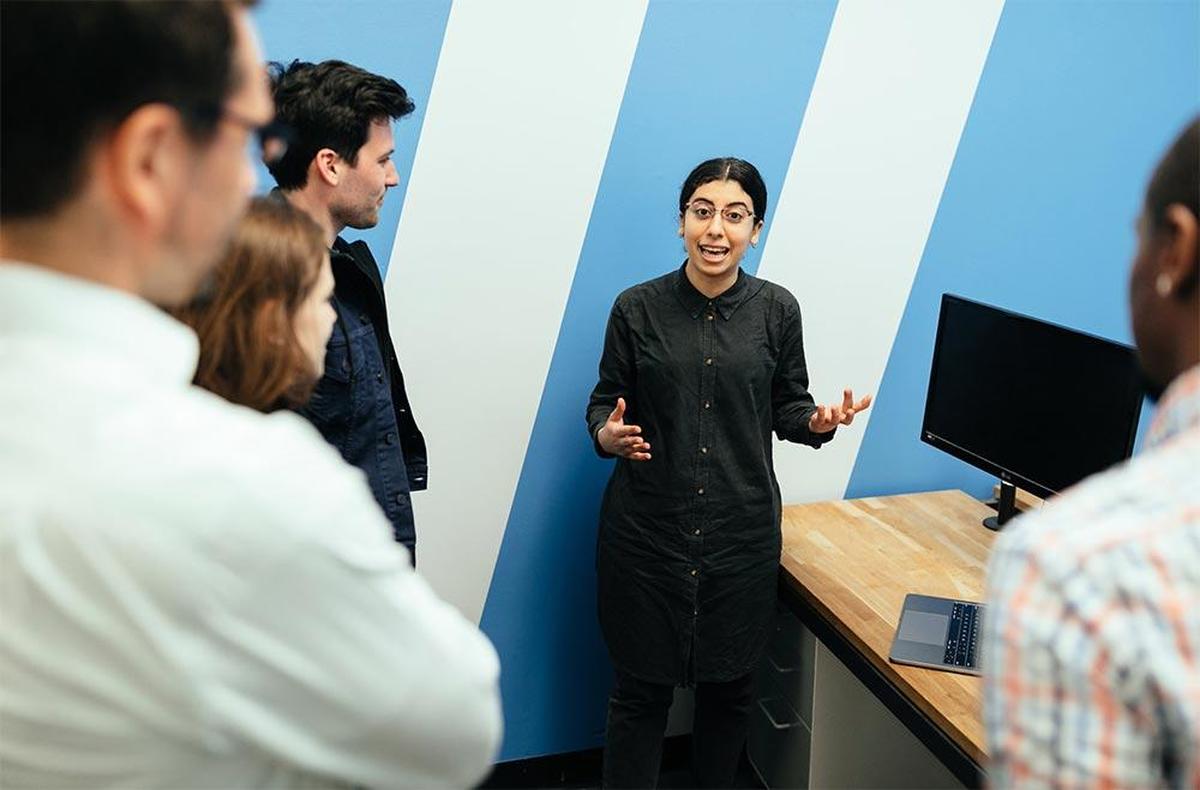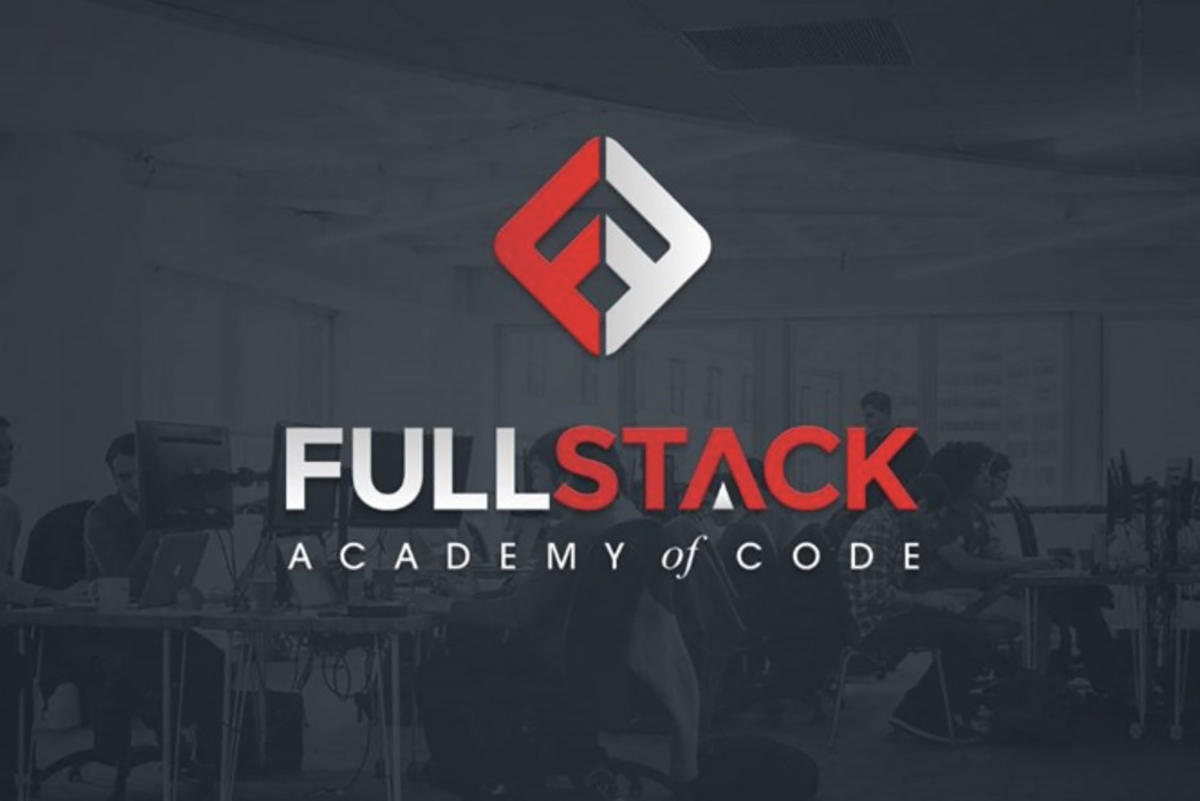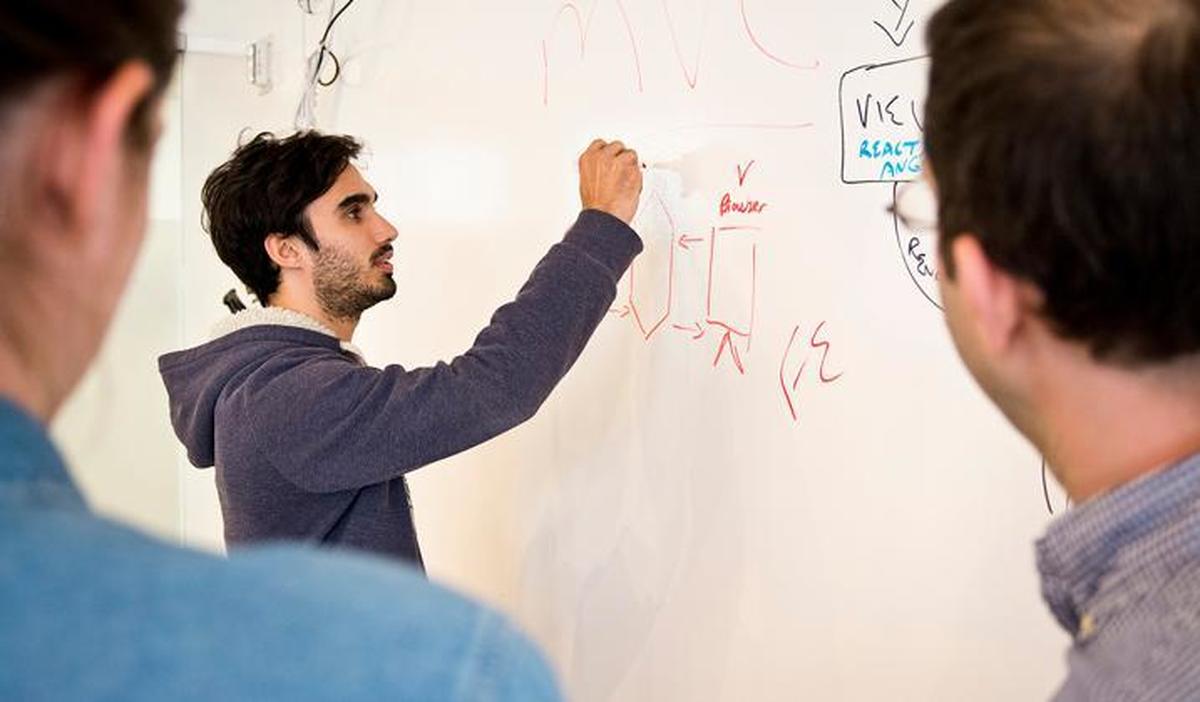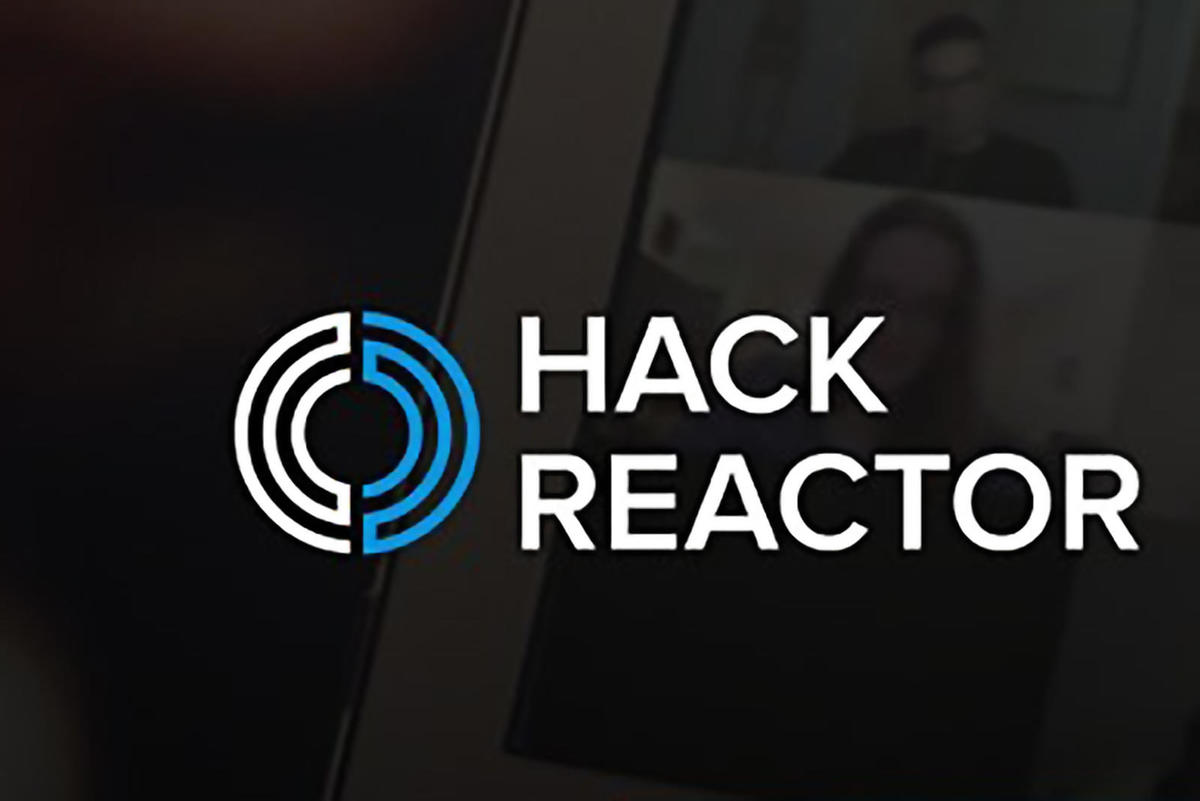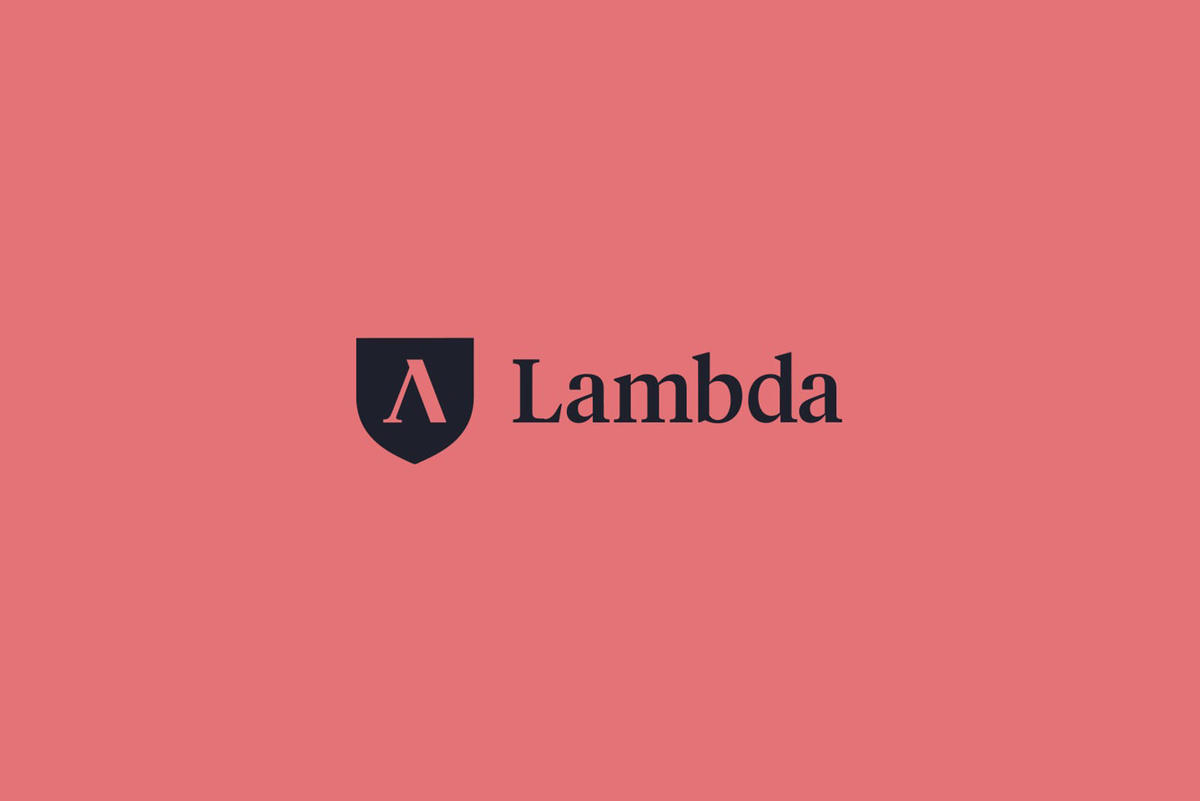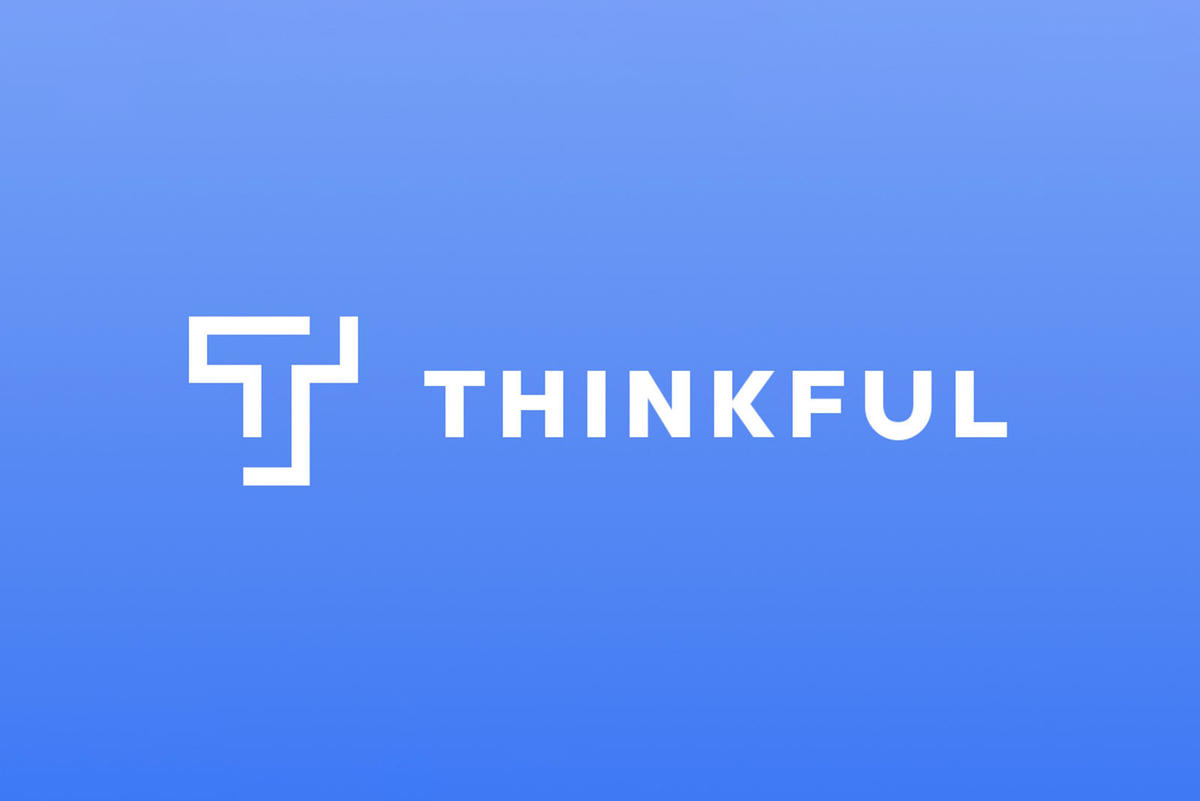With thousands of new tech jobs opening up in the last few years, there is increasing attention on the tech sector as a good place for well-paid careers. As a result, attendance at coding bootcamps has grown steadily since New York-based General Assembly launched the segment’s pioneer program in 2011.
Curriculum at the best coding camps typically takes three to four months to complete, but the experience provides an intensive education in Real World 101-type programming. The camps are an alternative to the four-year commitment of obtaining a computer science degree at a technical college or a conventional university. Graduates of the best coding camps generally are ready for many high-demand jobs.
The early programs were located only in tech centers such as Silicon Valley, New York, and Boston, but now camps are available for students to join anywhere, at any time. The New York Times reported in 2017 that about 100 coding bootcamps turned out 18,000 graduates that year. Now it’s estimated that more than 25,000 graduates per year leave the camps to find lots of options: about 5 million open IT and coding-related jobs here in mid-2021 — and about 3.5 million of those are in the cybersecurity realm alone.
Some of the best teachers in the business, such as Flatiron School and General Assembly, offer multiple programs and have built large alumni networks. More than 70,000 students have completed GA’s bootcamps, and companies no less the stature of Google, Microsoft, and Visa are among its regular hiring partners. General Assembly offers full- and part-time programs in data science (the highest-paying jobs, bar none), data analytics, software engineering, and web development at 20 locations across the country and online.
Camp directors use creative ways to help students get started learning how to code. Students at Fullstack Academy and Lambda, for example, attend bootcamp free of charge and pay tuition only after they land a job. Others, such as App Academy and Thinkful, offer money-back guarantees if graduates do not find employment. You’ll not see that at colleges.
Here, according to ComputerScience.org and the criteria above, are 10 of the best coding bootcamps in the US:
Launched in 2012, App Academy offered the first deferred tuition plan among coding bootcamps. With campuses in San Francisco, New York, and online, this bootcamp boasts a very selective acceptance rate. Admitted learners join a class of smart, determined, and like-minded people.
App Academy offers full-time, immersive classes, whether online or in person. Industry leaders helped the company design and adapt its curriculum to meet the needs of today’s employers. The curriculum comprises rigorous, in-depth coursework in developing client and server software. The school boasts that it can turn students into full stack software engineers in just 16 weeks. Students who go through pre-bootcamp training significantly improve their chance of admission.
App Academy also caps its max tuition, never taking more than 28% of the first qualifying salary of those who opt in. Most who graduate report comfortable compensation, with a median salary of $101,000 among graduates. Since its founding, more than 1,000 companies have hired the school’s graduates. These include Google, Dropbox, PayPal, Facebook, and Pinterest.
New York-based Flatiron School has nine locations across the US plus an online option. Founded in 2012 as an accelerated coding school in Manhattan’s Flatiron District, the school now offers instruction in software engineering, data science, cybersecurity, and UX/UI design.
Flatiron hosts several kinds of classes — its flagship software engineering course lasts 15 weeks and immerses participants in full-stack web development, Javascript, and Ruby on Rails. Other programs, such as cybersecurity, take 12 weeks. Online classes run in full-time, part-time, or self-paced sessions.
Flatiron has flexible finance options, including an income share agreement. Students sign a contract, put down a modest deposit, and then pay nothing else until after they find a job and begin earning at a minimum threshold. Admissions counselors use an interview-based process to determine whether applicants will fit into the Flatiron culture. The school offers career services and publishes an externally audited Jobs Report, providing learners with outcomes. Flatiron also provides a money-back guarantee for certain programs.
Instruction starts before admission
Established in 2012 in New York, Fullstack hosts classes in coding in Manhattan, Chicago, and online. The school offers full- and part-time coursework in coding, cybersecurity, and web development. The college places emphasis on problem-solving and writing code that proves efficient, secure, and maintainable. As a founding member in the Council on Integrity in Results Reporting, Fullstack believes in outcomes transparency, giving students a guarantee of quality.
Fullstack’s instruction starts before admission. The institution offers inexpensive bootcamp prep programs to ready students for the intensive experience, which it compares to moving to Beijing and learning Chinese. At the real bootcamp, the JavaScript-based curriculum opens with a deep immersion in the bedrock principles of computer science, including data structures, algorithms, run-time analysis, object-oriented programming, databases, and software design. Working in teams, students learn about front- and back-end development.
In the latter stages of the program, instructors begin to match participants’ interests with potential employers, a process that continues after graduation. Alumni now work at Google, Amazon, Facebook, Spotify, eBay, LinkedIn, J.P. Morgan, and Goldman Sachs. The school offers a tuition-deferred program for women.
Extensive list of courses available
General Assembly now runs more than 30 campuses worldwide. The school boasts 70,000 alumni spread across the globe and more than 19,000 hiring partners. The school offers an unusual variety of programs both online and in person, and also provides training programs through employers.
General Assembly’s extensive list of courses includes full-time immersions in software engineering, data science, UX design, and digital marketing. The company’s part-time offerings include subjects such as Python programming, data analytics, product management, visual design, front-end web development, JavaScript, development, and React development. The program also offers shorter-term classes in data analysis, UX design, HTML, CSS and web design, JavaScript development, and digital marketing. Most of General Assembly’s programs use pay-up-front financing, but the company hosts a Catalyst Program that features an Income Share Agreement.
Connects students with reputable loan companies
The creatively named Hack Reactor claims more than 8,000 alumni. With locations in eight major US cities and online, the school provides comprehensive software engineering instruction. In the bootcamp‘s three-month on-site and remote programs, students receive 800 hours of computer science and JavaScript training shaped by the needs of the industry. The company also hosts a nine-month online option that runs part time.
The school uses a two- to four-month admissions procedure that begins with prospective students demonstrating the ability to complete an introductory curriculum. The multistep process includes completing projects, passing assessments, and finishing a pre-course. Those who make it through the rigorous admissions gain acceptance into the bootcamp. The basic prep course costs nothing.
Hack Reactor connects students with reputable loan companies to help pay tuition and offers transparency through the Council on Integrity in Results Reporting. The company has relationships with 300-plus hiring partners, which landed alumni at organizations like Google, Apple, PayPal, Intuit, Yelp, and NASA.
Students repay tuition when they land a job paying at least $50,000
Established in 2016, Lambda ranks among the most high-profile coding bootcamps to offer a deferred payment plan. The Silicon Valley-based school uses an online format, offering programs in data science, full-stack web, and iOS development. Classes meet in real time, and students work in teams under the guidance of team leads.
In Lambda’s deferred payment model, students pay nothing upfront and only repay their tuition when they land a job paying $50,000 or more. When they receive that new position, they pay 17% of their salary for two years. If they can’t find work for more than 60 months, they pay nothing. Because the company invests in students’ futures, it has constructed a rigorous career services arm. The school connects learners with its large network of alumni, employee-partners, and local mentors to help get them hired.
Offers deferred tuition and extends a job guarantee to students
Established in 2013, Springboard has educated more than 10,000 students and logged almost half a billion hours of instruction. The San Francisco-based company takes a mentor-based approach, assigning each student an advisor to help them master coursework. Online bootcamps typically last six months, with tracks in software engineering, ML engineering, data science, data analytics, and UI/UX design. Like many other bootcamps, Springboard offers deferred tuition and extends a job guarantee to its students.
Springboard uses problem sets, case studies, and project-based assignments to give distance learners hands-on experience. Many courses involve creating a portfolio, which many graduates use to show employers. Advisors make sure students stay on track, and students present with their final project. Most classes run part-time and take 10-20 hours a week.
Several payment options and scholarships available
Headquartered in Charlotte, NC, TTS hosts coding seminars, workshops, and bootcamps in more than a dozen cities. These include immersive, eight-week seminars in Java and two-day classes in Google Analytics. Most of the school’s offerings fall into three categories: front-end and back-end programming, and web development. The company also has built a reputation for its corporate training programs.
TTS aims its coursework at beginners and provides full- and part-time options. Typical camps last 8-10 weeks, though the company also offers four-week courses in advanced coding. Students can receive immediate help from mentors or tutors if they struggle with a topic. Once they go through camp, TTS places graduates in a customized “talent pipeline,” using corporate partnerships to help land jobs.
The school offers several payment options, but most include paying upfront or in installments. However, TTS offers several scholarships and a $1,000 refund to those who get into coding through its bootcamps and migrate to an undergraduate program.
Students pay nothing until they begin earning $40,000 or more
Part of Chegg’s academic empire, Thinkful offers a suite of online bootcamp programs beyond traditional software engineering. Students can also pursue data science, data analytics, UX/UI design, digital marketing, and even project management through the Santa Clara company. They pay nothing until they begin earning $40,000 or more.
Thinkful’s programs adapt to participants’ schedules. The school offers full-time, five-month options that require 50-60 hours of commitment per week. Part-time tracks accommodate students who need a more flexible schedule. Students graduate in six months, working 25-30 hours per week. The company provides one-on-one daily mentoring advice from teacher experts during the program, and six months of career coaching afterward. Learners also often work with local classmates on projects, forming teams of support.
Career support includes interview preparation, networking help, and assistance in locating work. The company reports that graduates landed at Google, IBM, Boeing, Amazon, and Walmart Labs. Membership in the program guarantees transparency in results reporting.
For detailed information on these and other coding bootcamps, go here.
What do top-ranked coding bootcamps have in common?
Prospective coding bootcamp students will encounter various program structures and curriculum offerings as they research potential programs. However, the best coding bootcamps share some characteristics that help them stand out.
Can be completed online: Coding bootcamps appeal to career changers and working professionals hoping to improve their job skills. Some of the best coding bootcamps feature online programs, allowing aspiring coders to hone their skills at a top-ranked program without disrupting their schedules.Feature affordable rates: Known for career-focused results, coding bootcamps may tie tuition costs to job acquisition. Thinkful, for example, refunds the entire tuition if students fail to secure a job in tech within six months of graduation.Offer a variety of courses: Students attend coding bootcamps to gain expertise in high-demand programming languages or specialty areas. The best coding bootcamps offer various courses in the field. For example, Flatiron School features immersive programs in software engineering, data science, cybersecurity analytics, cybersecurity engineering, and product design.Provide job placement assistance for graduates: The best coding bootcamps ensure that every graduate has the support they need to land industry jobs. Bootcamps may partner with large companies to match graduates with open positions. Fullstack Academy helps students with the job-search process by providing workshops and one-on-one coaching plus networking events.Hold Council on Integrity in Results Reporting membership: Regional and national accrediting agencies that verify education standards at colleges and universities do not evaluate coding bootcamps. However, the top coding bootcamps hold CIRR membership. This independent nonprofit organization assesses student outcomes like graduation timelines, job placement rates, and salary data.
Why attend a coding bootcamp?
The best coding bootcamps provide intensive skill-building sessions and peer review in software engineering, cybersecurity, or web design. These programs offer an immersive experience over a short time period. Most bootcamps take 3-6 months to complete and are available in both online and in-person formats. Part-time options are often available.
What are areas of caution?
Here are some areas of caution to look out for:
No college While students in a coding bootcamp can gain highly employable skills, they do not earn transferable college credit in the process. Coding bootcamps may charge steep tuition rates, but they also provide comprehensive career services and may not require payment until after the graduate secures a job.Narrow focus: In a computer science bachelor’s program, students explore various programming and technology topics and take general education courses in English, math, and science. Coding bootcamps usually focus exclusively on a set curriculum of employable skills.Limited advancement potential: While employers may accept practical coding experience and computer skills instead of a degree, a lack of higher education can prevent workers from advancing to managerial positions.
